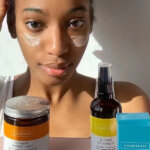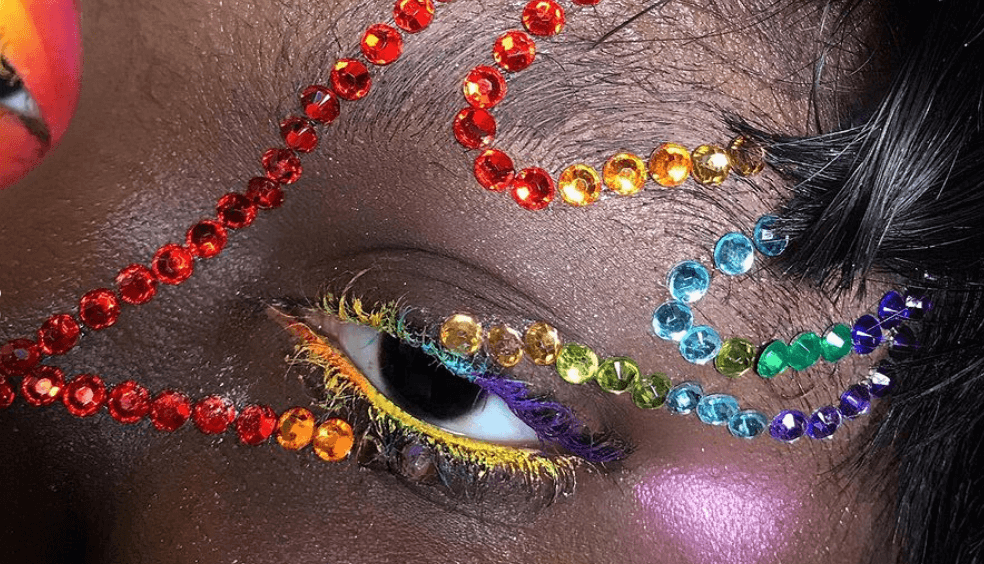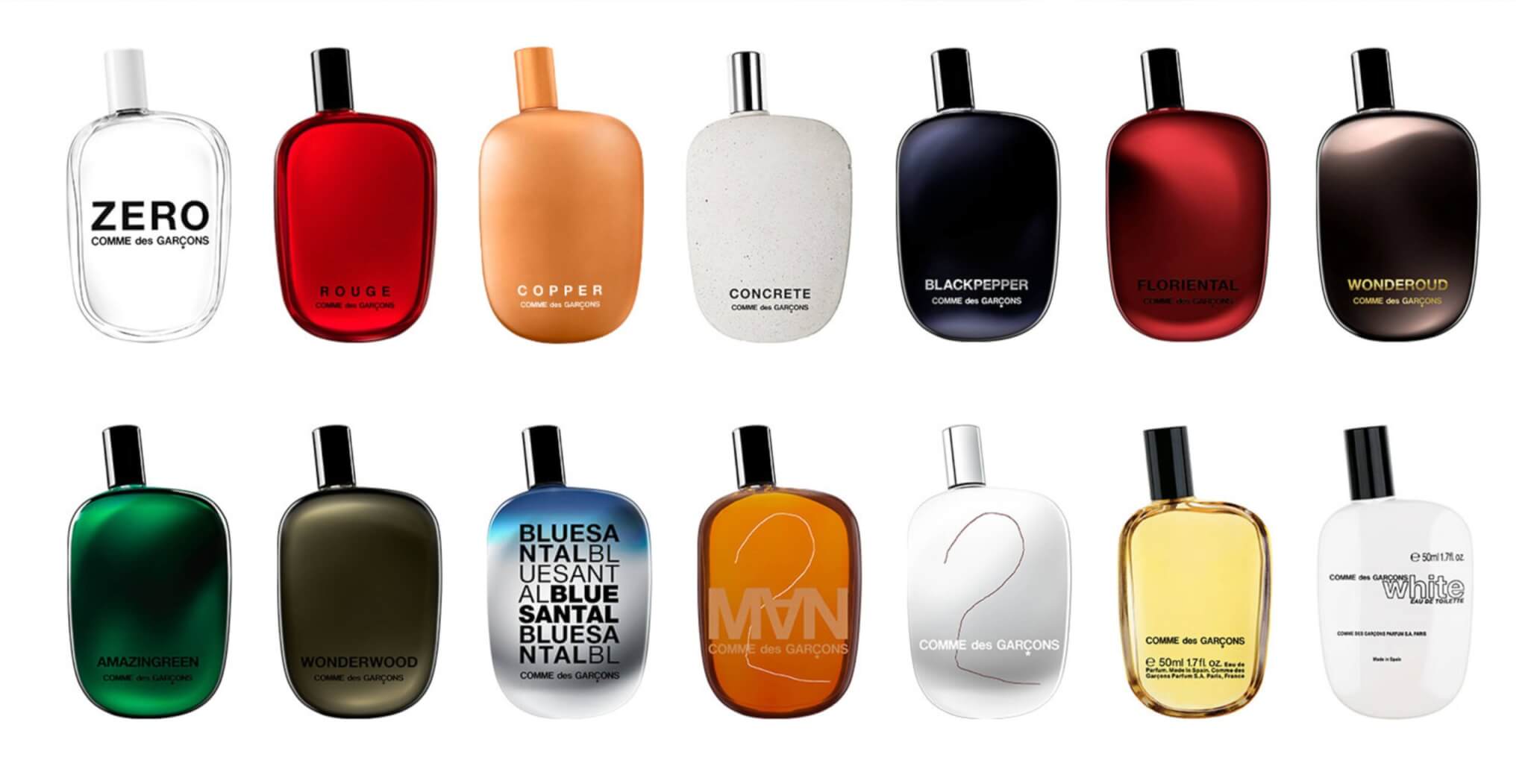And do more products mean better results?
If we were falling behind layering our skin face with all kinds of cosmetics and makeup, nothing really beat the 10-step skincare trend and its promise of achieving a porcelain-like appearance, fostering the never-imagined idea that our skin could look as pure and translucent like pearls — without a drop of traditional makeup. Ever since this trend took by storm the beauty industry, we’ve been on the path of fixation to master and control our skin’s aspect, no matter the cost or pain.
This is somehow changing with the emergence of contemporary, cult brands like Facetheory, which in their interest — or so it seems — is to democratise access to high-quality skincare. Rather than encouraging the use of expensive products, never-ending routines and painful, bloody procedures, these brands are accruing a large following base thanks to their fairly priced products, sophisticated formulas and environmentally-conscious ethos. Minimalism, high performance and environmental efforts are in vogue and Facetheory has certainly jumped on that train.
Agreed throughout the internet is that Facetheory is a line of affordable clean skincare products that contain ingredients to treat various skin concerns, from acne-prone and uneven to aging skin, catering to different needs and at the same time celebrating the untreated appearance of different skin types. For instance, as opposed to most advertisements for cosmetics, Facetheory spares us from looking at beautiful people with polished skins, as if we could run with the same fortune to look like them by using their products. Instead, the brand displays regular skins and the extent its products can improve their aspect.
That makes me think of razor brand Billie, whose campaigns openly celebrate body hair — even though their products are about removing it. There’s a fine line, however, between celebrating the natural state of our physical aspect and enforcing the ‘natural look’ trend, which suggests that flawless looks can be achieved organically — perhaps only in exchange for a couple of magic drops. Here’s where I wonder, whether brands like Facetheory and their aim to create products that actually work stand solidly against the commodification of beauty, or if they’re just catering to our skincare addiction? I guess one doesn’t exclude the other. Maybe a fairer question would be, whether they’re reinforming our concept of ‘perfection’ by simplifying our approach to skincare.
Although Facetheory is more expensive than widely praised The Ordinary — which, like its name indicates, is nonexclusive, made for everyone — its products usually contain more actives than The Ordinary’s, and that might translate to higher performance which, ultimately, isn’t about ‘fixing’ the skin but about endorsing it with properties to cope with the city’s aggressive environments and the stress-inducing lifestyles we lead. And this point is perhaps the most progressive, as it doesn’t intend to fix what’s not reversible, or to make something into something else. It’s about preventing and protecting, which also translates into their environmental efforts — it doesn’t promise to reforest the land, it promises to be committed to sustainable innovation.
Whether or not the brand is exacerbating our compliance to master and control our skin’s aspect along with the idea of ‘effortless natural looks’, what remains true is that it induces more minimalist ways of caring for our skin.




























